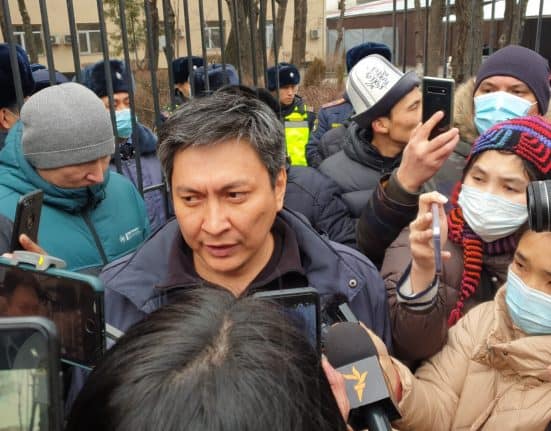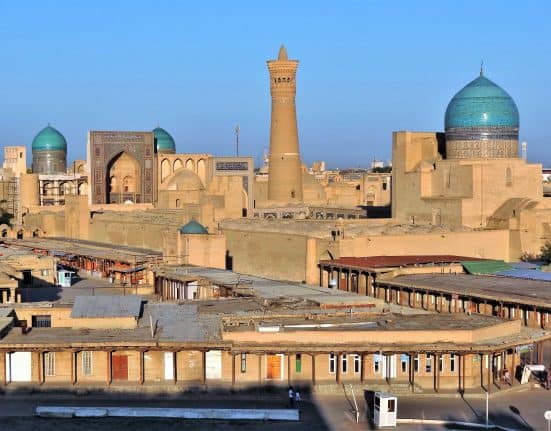The Ministry of Defense of Tajikistan reports a successful spring 2022 recruiting campaign and a growing ranks of student volunteers, but human rights activists are receiving complaints from university graduates about being forced into the army.
Recently, the country’s Ministry of Defense announced that the plan for spring conscription into the ranks of the armed forces was fulfilled by 70 percent, although only a little more than a month has passed since the start of the conscription campaign.
“To date, the outlined plan has been fully implemented in 25 cities and regions of the country. On the first day of conscription, the cities and districts of GBAO were the first in the country to report on the full implementation of the plan. Along with other regions, cities and districts of the country, four districts of the capital also fulfilled the conscription plan at the proper level,” the representative of the Ministry of Defense said in an interview with the government agency “Khovar”.
According to him, in recent years, the authority of the armed forces among the population, especially among young people, has increased. “Many people with a high sense of patriotism and filial duty, after receiving the call-up papers, arrive at the military commissariats at their place of residence. A statistical analysis of the first month of this important political campaign shows that in the spring of 2022, the number of young people who voluntarily entered the military service and have a higher education significantly exceeds the figures for previous years,” the Ministry of Defense noted.
Meanwhile, human rights activists receive complaints from 4th and 5th year students of higher educational institutions that they are forced to sign an application for early graduation exams and ‘voluntary’ sending to the army. “In return, police officers and military registration and enlistment offices promise to help with the successful passing of exams, and those, who oppose, are threatened with expulsion. Students of Khujand State University come to us with similar complaints,” said Dilrabo Samadova, head of the Office of Civil Liberties (a non-governmental organization for the protection of the rights of conscripts and military personnel).
According to her, in a month, they received about 200 complaints from young men about the course of the recruiting campaign, including raids.
Similar complaints come from other regions of the country.
The Ministry of Education and Science says that there is no coercion, and patriotically educated students make a conscious choice in favor of serving in the country’s armed forces. “Therefore, we have decided to give young people such an opportunity,” said a source in the Ministry.
The authorities deny the existence of a ‘roundup’ of conscripts, arguing that there is no need for such methods: there are enough volunteers in the country who want to serve their homeland.
Human rights activists note that young people are reluctant to serve in the army because of the mass hazing. These humiliations, when old-timers practice their ‘rituals’ of initiation into soldiers for new recruits, and beatings sometimes lead to the fact that a person remains permanently crippled or parents receive a coffin with the body of their son. For the period of 2014-2019, the Office of Civil Liberties counted dozens of cases of bullying of recruits, including ten deaths of young soldiers as a result of hazing.






